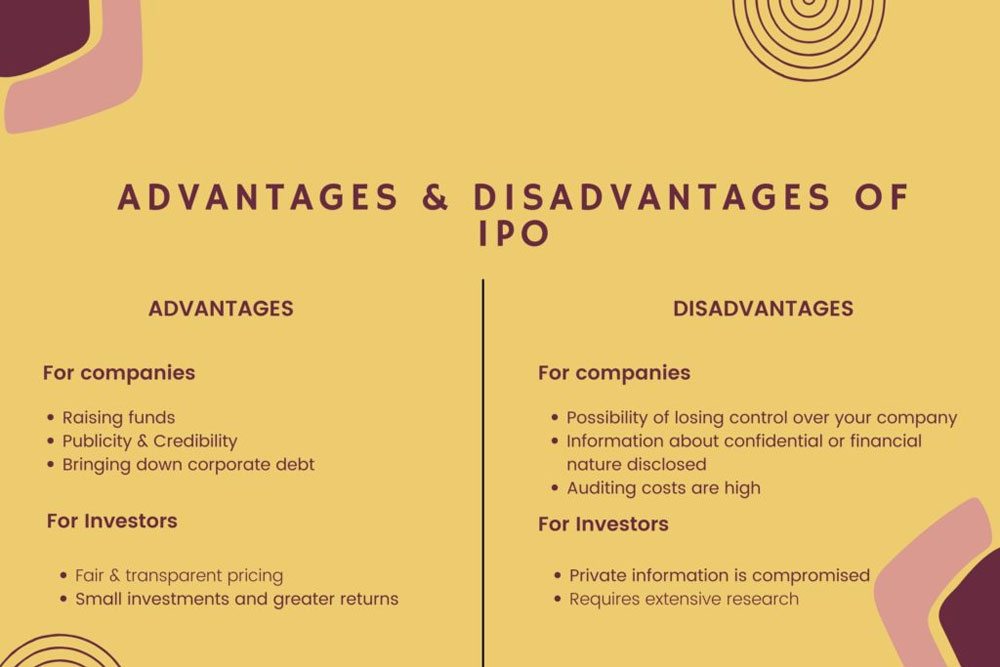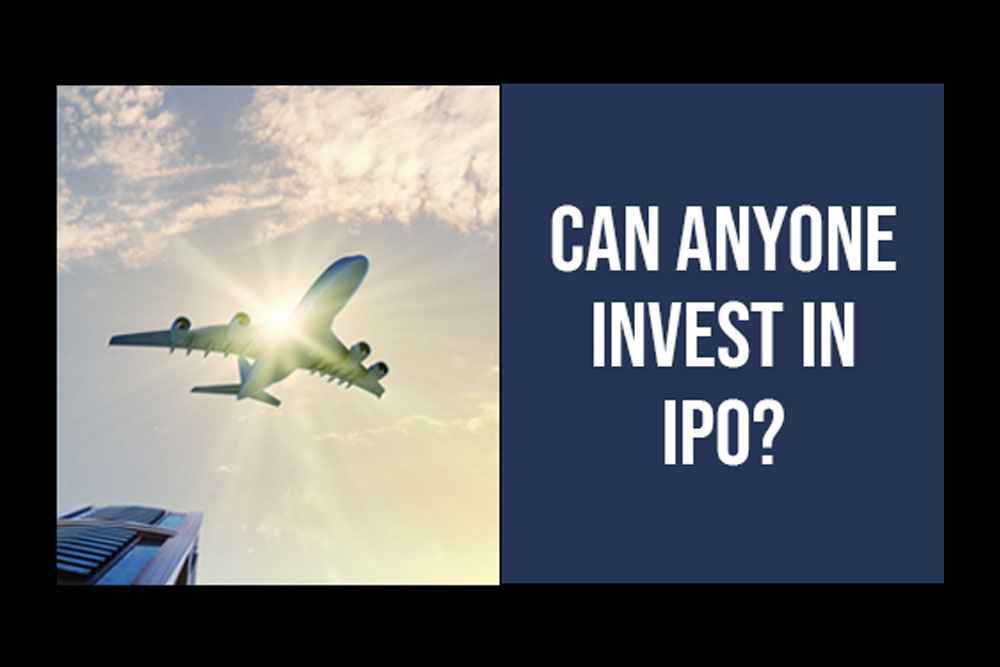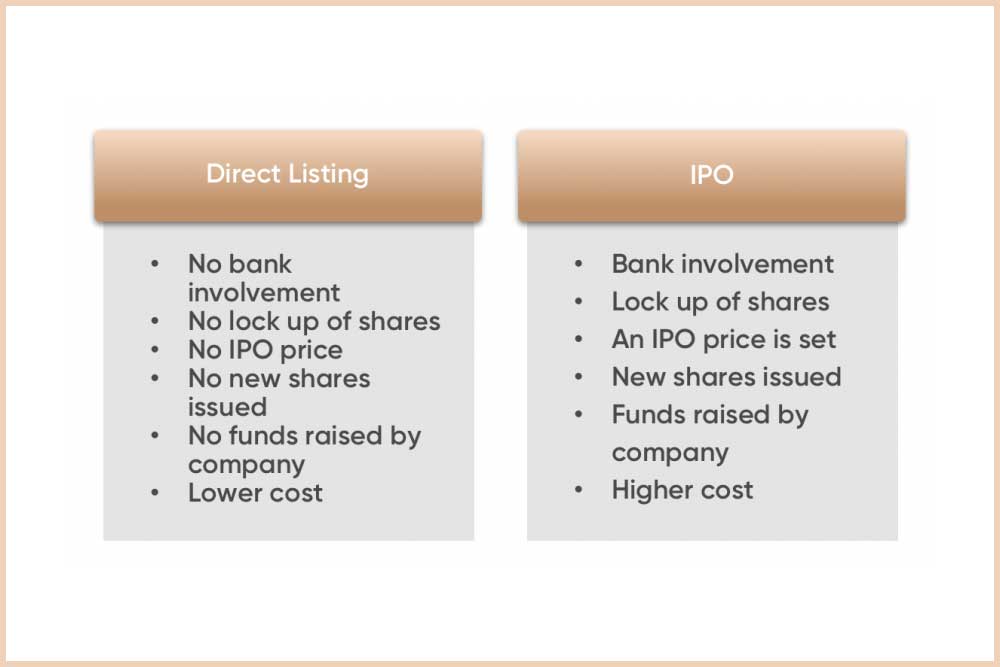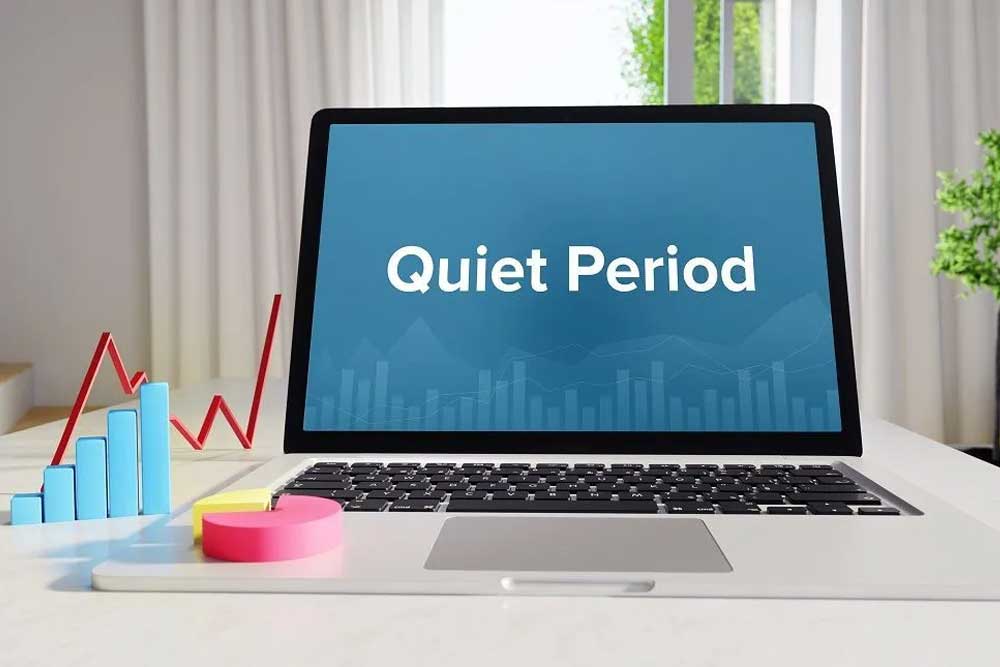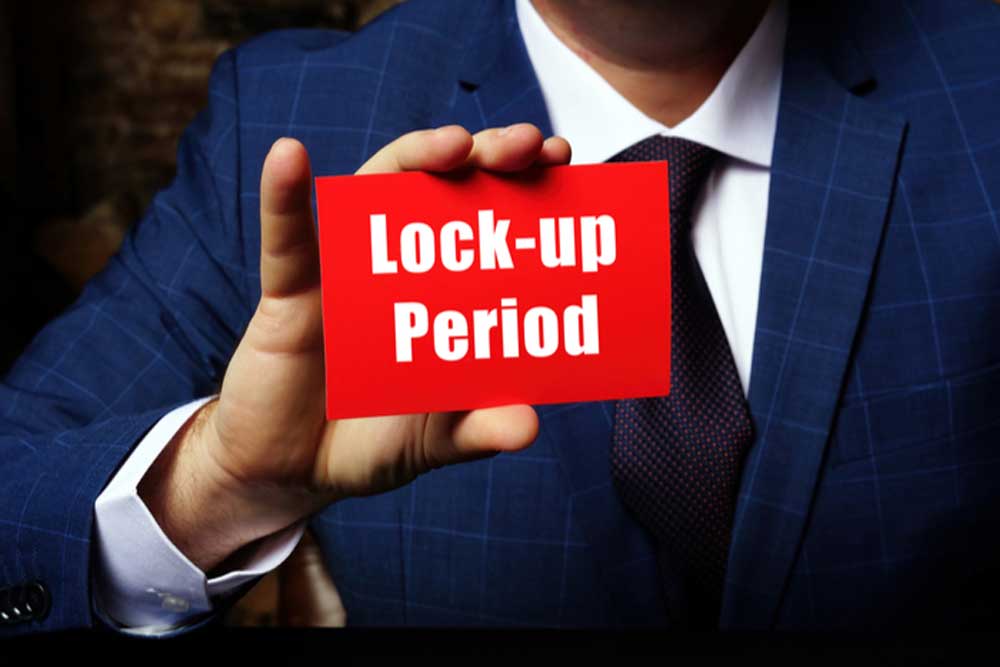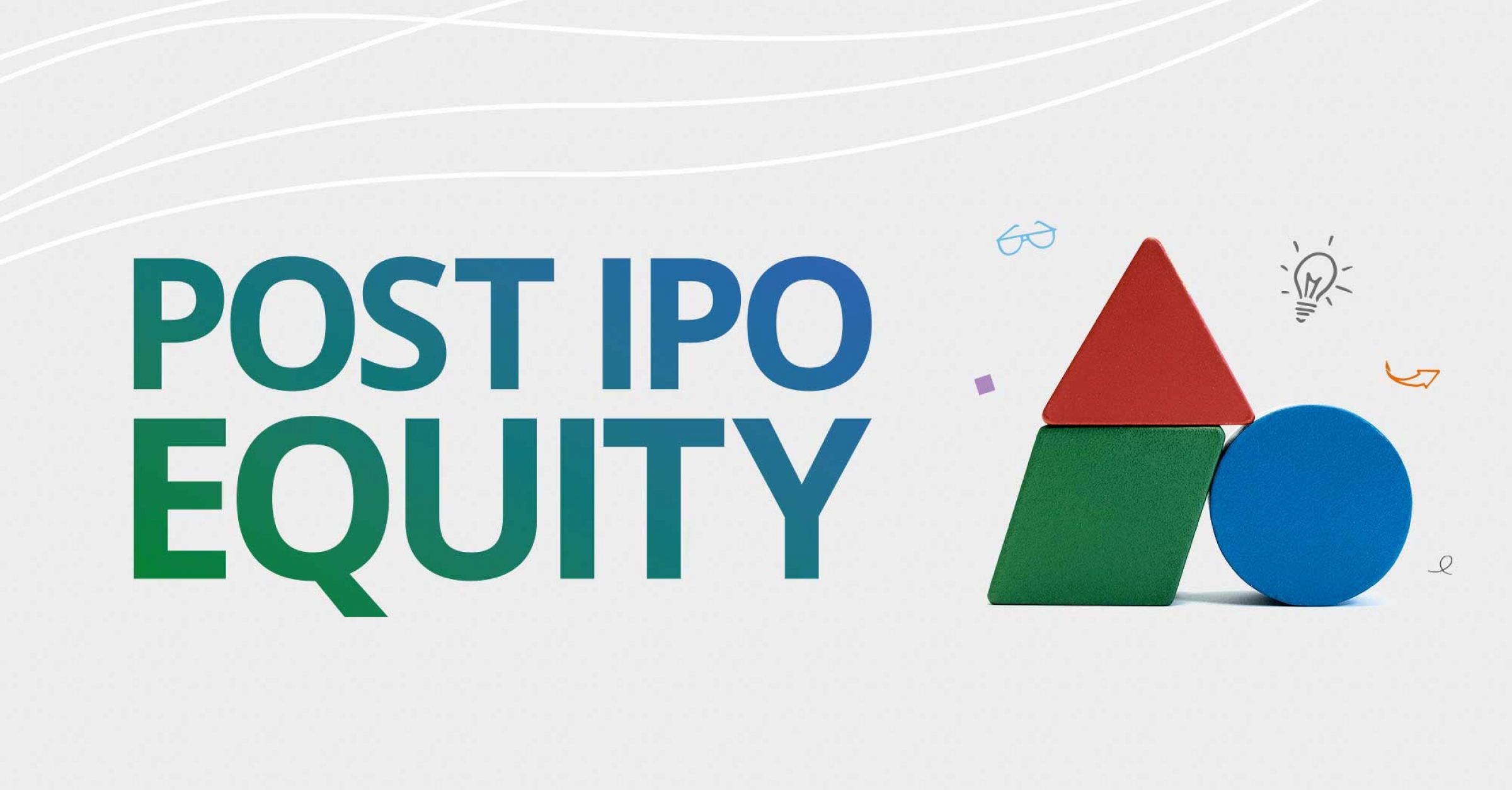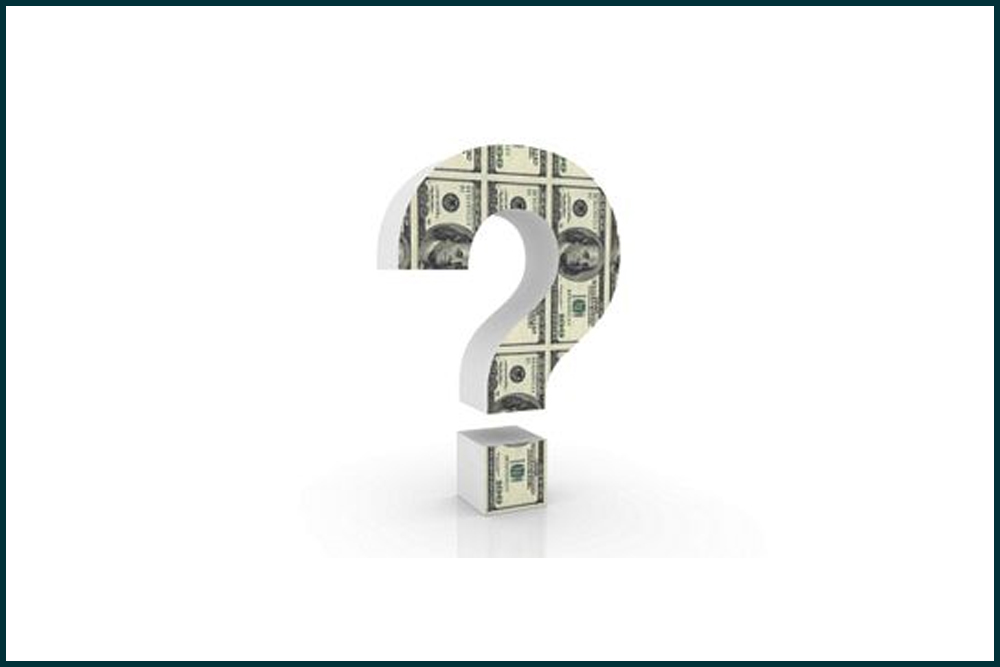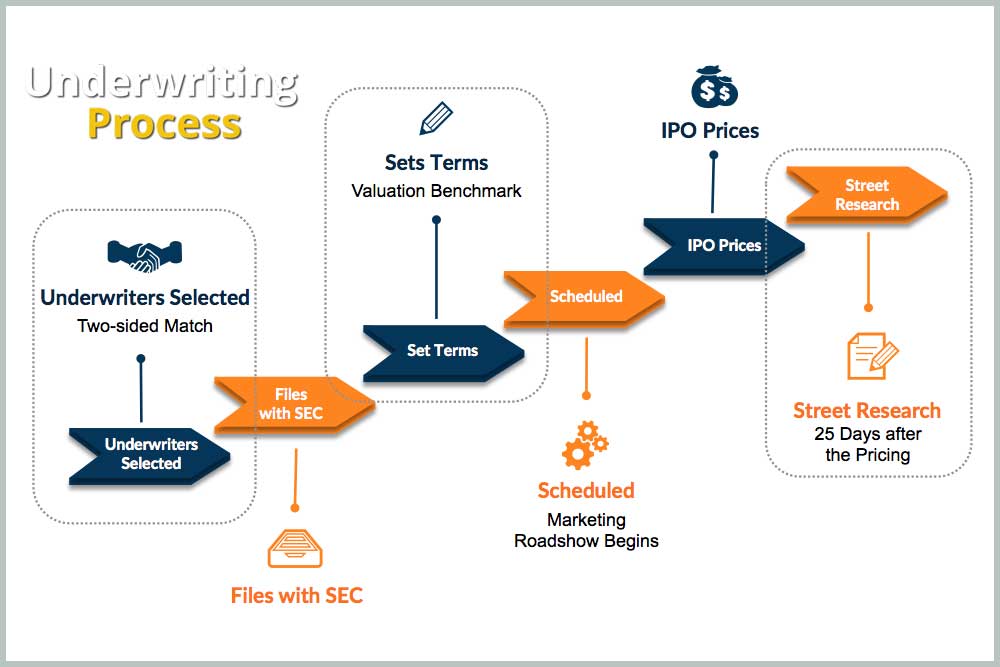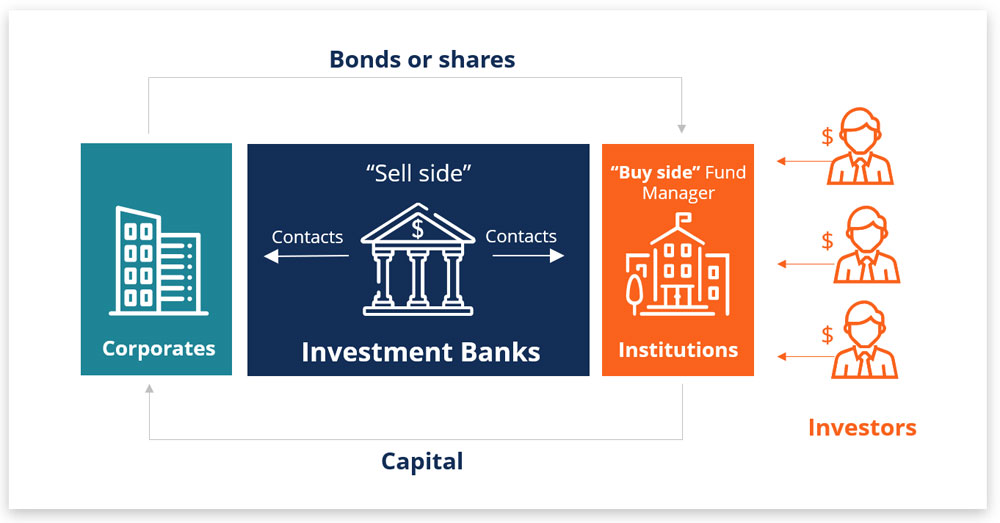¿Cómo afecta una oferta pública inicial a los accionistas existentes de una empresa?
An IPO can have both positive and negative effects on the existing shareholders of a company. On the positive side, an IPO can provide existing shareholders with a way to monetize their investments and realize a return on their initial capital. The increased liquidity of the public markets can also make it easier for existing … Leer más

